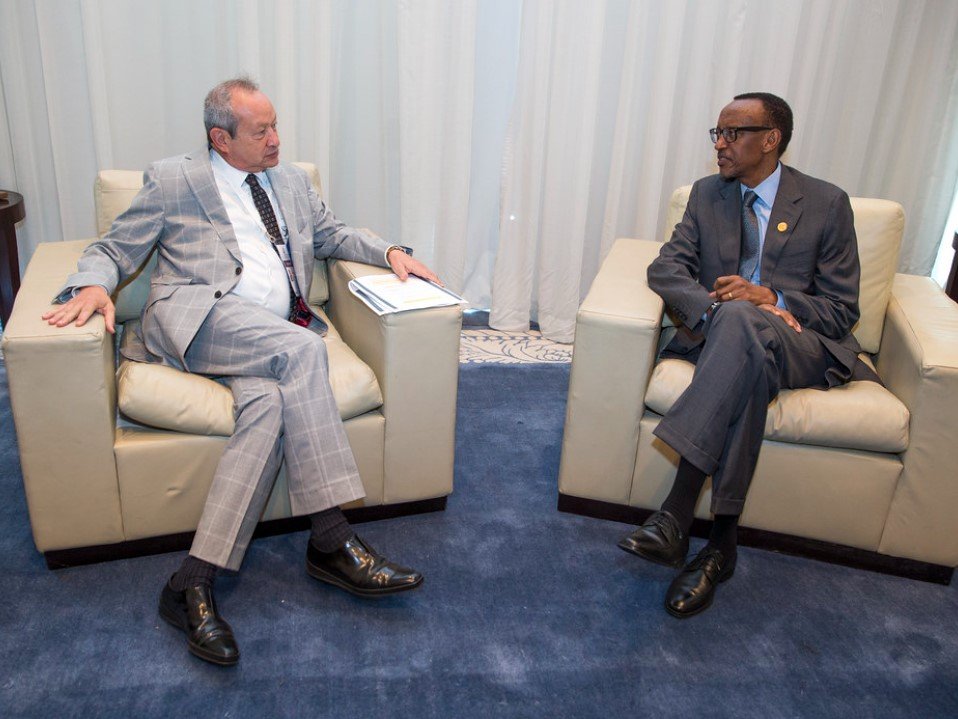Egypt is at a crossroads as it grapples with the implementation of International Monetary Fund (IMF) reforms. The country faces a tough decision: adhere to the stringent economic measures required by the IMF or risk public backlash by backing out. This dilemma comes at a time when Egypt’s economy is under severe strain, with high inflation, a depreciating currency, and widespread public discontent.

Economic Reforms and Public Discontent
The IMF reforms, aimed at stabilizing Egypt’s economy, include measures such as subsidy cuts, tax increases, and currency devaluation. These steps are designed to reduce the budget deficit and attract foreign investment. However, they have also led to a significant increase in the cost of living, hitting the poorest segments of society the hardest.
Many Egyptians are struggling to cope with the rising prices of essential goods and services. The devaluation of the Egyptian pound has eroded purchasing power, making everyday items more expensive. This has led to widespread frustration and anger among the population, who feel that the government is prioritizing economic stability over their well-being.
The government, led by President Abdel Fattah el-Sisi, is caught between the need to implement these reforms to secure IMF funding and the risk of further alienating its citizens. The challenge is to find a balance that addresses the economic crisis without causing undue hardship for the people.
The Role of Foreign Investment
Foreign investment is seen as a crucial component of Egypt’s economic recovery. The IMF reforms are intended to create a more attractive environment for investors by ensuring economic stability and reducing the risk of doing business in the country. In recent years, Egypt has secured significant investments from countries like the United Arab Emirates, which have provided much-needed financial support.
These investments have been directed towards various sectors, including real estate, energy, and infrastructure. The influx of foreign capital has helped to shore up Egypt’s foreign reserves and provided a buffer against economic shocks. However, the benefits of these investments have not been evenly distributed, and many Egyptians feel left out of the economic gains.
The government is under pressure to demonstrate that the IMF reforms and foreign investments will lead to tangible improvements in the lives of ordinary citizens. This includes creating jobs, improving public services, and ensuring that the benefits of economic growth are shared more broadly.
Balancing Economic Stability and Social Welfare
The challenge for Egypt is to balance the need for economic stability with the imperative of social welfare. The IMF reforms are necessary to address the structural weaknesses in the economy, but they must be implemented in a way that minimizes the negative impact on the population. This requires a careful and nuanced approach that takes into account the needs and concerns of the people.
One potential solution is to implement targeted social safety nets to protect the most vulnerable segments of society. This could include measures such as cash transfers, food subsidies, and job creation programs. By providing support to those most affected by the economic reforms, the government can help to mitigate the social impact and build public support for the necessary changes.
Ultimately, the success of the IMF reforms will depend on the government’s ability to manage the economic transition in a way that is both effective and equitable. This will require strong leadership, transparent communication, and a commitment to addressing the needs of all Egyptians.
